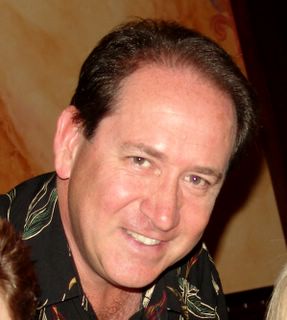Hollywood Blacklist: Radoshes Answered
An intelligent response to the Radoshes' editorial I noted here is in today's Los Angeles Times. It has the virtue of being written by a screenwriter who wrote about the subject itself in a feature film. The Radoshes promised "a cleareyed look" at the blacklist era, but they completely missed the point. The House Un-American Activities Committee asked us to believe that marginally organized artists actually posed a threat to the stability of the most powerful nation in history, simply by having opinions and expressing ideas. The Radoshes' rhetoric obscures the fact that HUAC's actions were indefensibly wrong, whether or not they were taken with patriotic intent. HUAC persecuted and punished those whose views the committee found unacceptable, not because this was right to do so, but simply because it could. Everything that's great about our wonderful, terrible, imperfect nation flows from the 1st Amendment. Opinions, ideas, beliefs — and the freedom to have and express them — are protected by the eloquent simplicity of those 45 Michael Sloane Screenwriter, "The Majestic" Glendale "The Majestic" is a 2001 movie set during the blacklist era.
words. Closing with a "maxim" they wrongly attribute to John Ford, the Radoshes still can't get close; the actual quote is, "When the legend becomes fact, print the legend," and it's a line from Ford's 1962 film, "The Man Who Shot Liberty Valance," written by James Warner Bellah and Willis Goldbeck, from Dorothy M. Johnson's story.

No comments:
Post a Comment
Comments signed Anonymous will not be published.